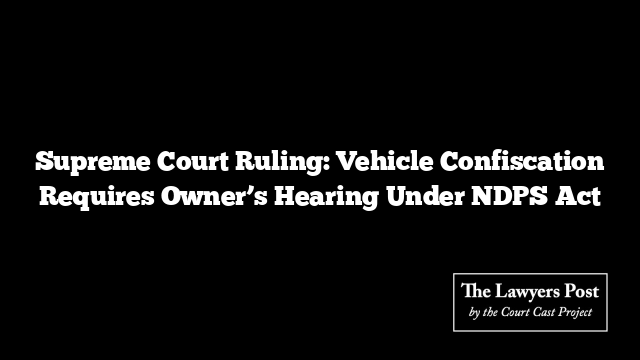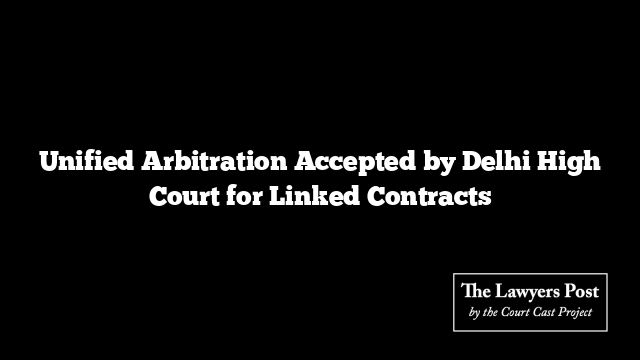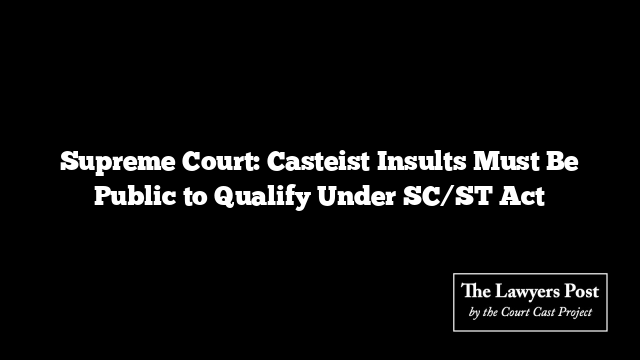In a landmark decision, the Supreme Court has ruled that the confiscation of a vehicle under the Narcotic Drugs and Psychotropic Substances Act, 1985 (NDPS Act) is unlawful if done without providing the vehicle’s registered owner an opportunity to be heard.
Drawing on Section 63 of the NDPS Act, the Court underscored that any confiscation order must wait until at least one month has passed since the seizure and must include a hearing for anyone claiming rights to the property.
The case in question involved an appeal against the Rajasthan High Court’s affirmation of a vehicle confiscation. The vehicle, a dumper, belonged to an appellant who had absconded during the initial trial against him and two other accused under the NDPS Act. The trial court eventually acquitted the two present accused but ordered the confiscation of the vehicle. Following their acquittal, the appellant was arrested and later released on bail, at which point he contested the confiscation order on grounds of not being heard.
The Supreme Court bench, consisting of Justices JB Pardiwala and Manoj Misra, found merit in the appellant’s argument. They highlighted that the explicit language of Section 63 mandates that the court must not order confiscation without a hearing for the vehicle’s registered owner or anyone claiming rights to the seized property.
The bench noted, “Had the appellant been part of the trial, he might have presented arguments against the confiscation. As the registered owner, he was entitled to a hearing before any final confiscation order.”
The Court directed the appellant to submit an application to the trial court requesting a hearing concerning the vehicle’s confiscation. The trial court was instructed to resolve this application within two weeks of its filing.
The ruling emphasizes the procedural rights of property owners under the NDPS Act and sets a precedent for ensuring that confiscation orders are not passed in absentia.





